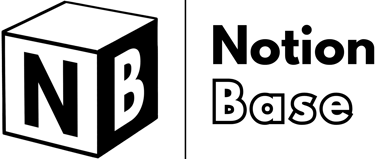How to Make a Gantt Chart in Notion: The Complete Tutorial
Project tracking? Learn how to make a Gantt chart in Notion using timeline views, dependencies, and custom properties. This guide explains step-by-step how to visualize project schedules, track progress, and improve time management within Notion.
5/31/20253 min read
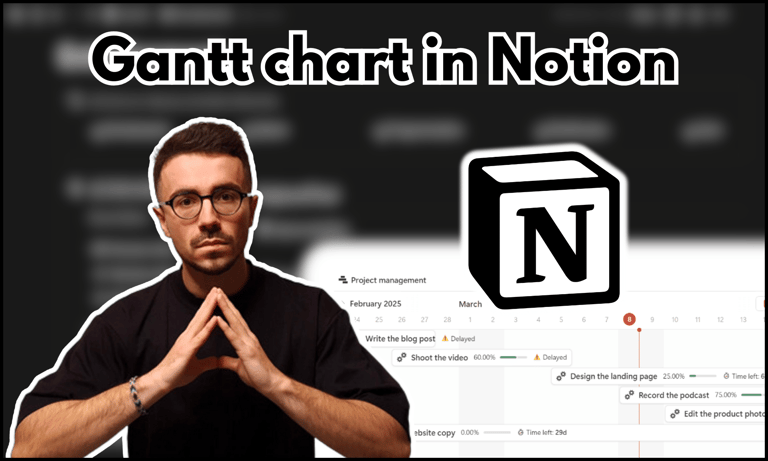

How to Make a Gantt Chart in Notion
Notion is a powerful tool for project management, and one of its best features is the Timeline View, which allows you to create a Gantt chart-like structure.
If you're wondering how to make a Gantt chart in Notion, this guide will walk you through the process using a task database, dependencies, and sub-items.
Table of Contents
How to Make a Gantt Chart in Notion with Timeline View
Notion’s Timeline View is the best way to create a Gantt chart. It visually represents tasks across a timeline, showing start and end dates, dependencies, and hierarchy.
Steps to Create a Gantt Chart in Notion
Create a database: Start with a new database in Table view.
Add essential properties:
Task Name (Title)
Start Date (Date property)
Deadline (Date property)
Status (Select or Multi-select for tracking progress)
Assignee (Person property for task ownership)
Switch to timeline view: Click on the “...” in the top-right corner of the database, go to Layout, enable Separate start and end dates, then assign Start Date to "Start Date" and Deadline to "End Date".
Adjust the time scale: Click the button next to “Today” in the top-right of the Timeline view and choose from Hours, Week, Bi-week, Month, Quarter, Year, or 5 Years to get the most appropriate view for your project.

Learn more about Notion here.
Using Dependencies and Sub-items in Notion’s Gantt Chart
To enable dependencies and sub-items in Notion’s timeline view, follow these steps:
Click on the “...” in the top-right of the database and select Customize database.
Under Sub-items, click Add and then Turn on sub-items.
Under Dependencies, click Add and configure the dependency settings:
Choose between “Shift only when dates overlap”, “Shift & maintain time between items”, or “Do not automatically shift”.
Toggle “Avoid weekends” if needed.
Enable Separate start and end dates and assign Start Date to "Start Date" and Deadline to "End Date".
(Optional) Click on Advanced settings and choose the relation property that represents blocked items (“Blocking” by default).
(Optional) Enable “Show dependencies in view” to display arrows between dependent tasks in the Timeline.
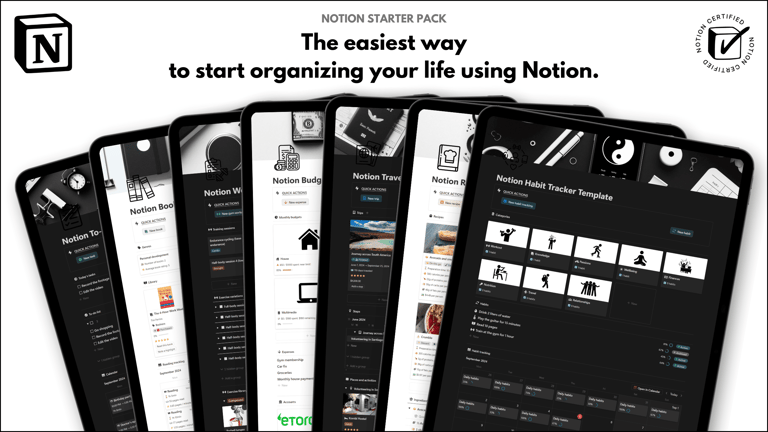

Save hours building from scratch!
Get instant access to 7 free Notion templates with the Notion Starter Pack.
Managing Tasks Directly from the Timeline View of Your Gantt Chart in Notion
Once your Gantt chart is set up, you can manage tasks directly from the timeline view for better workflow efficiency.
Create a new task by clicking directly on the Timeline View.
Adjust start and end dates by dragging the task or extending the edges of the task block.
Add a sub-item to a task by clicking on the small dropdown arrow next to the task title, then clicking on the timeline below the parent task.
Create a dependency between tasks by dragging the small arrow that appears on the right end of a task and connecting it to the beginning of another task.
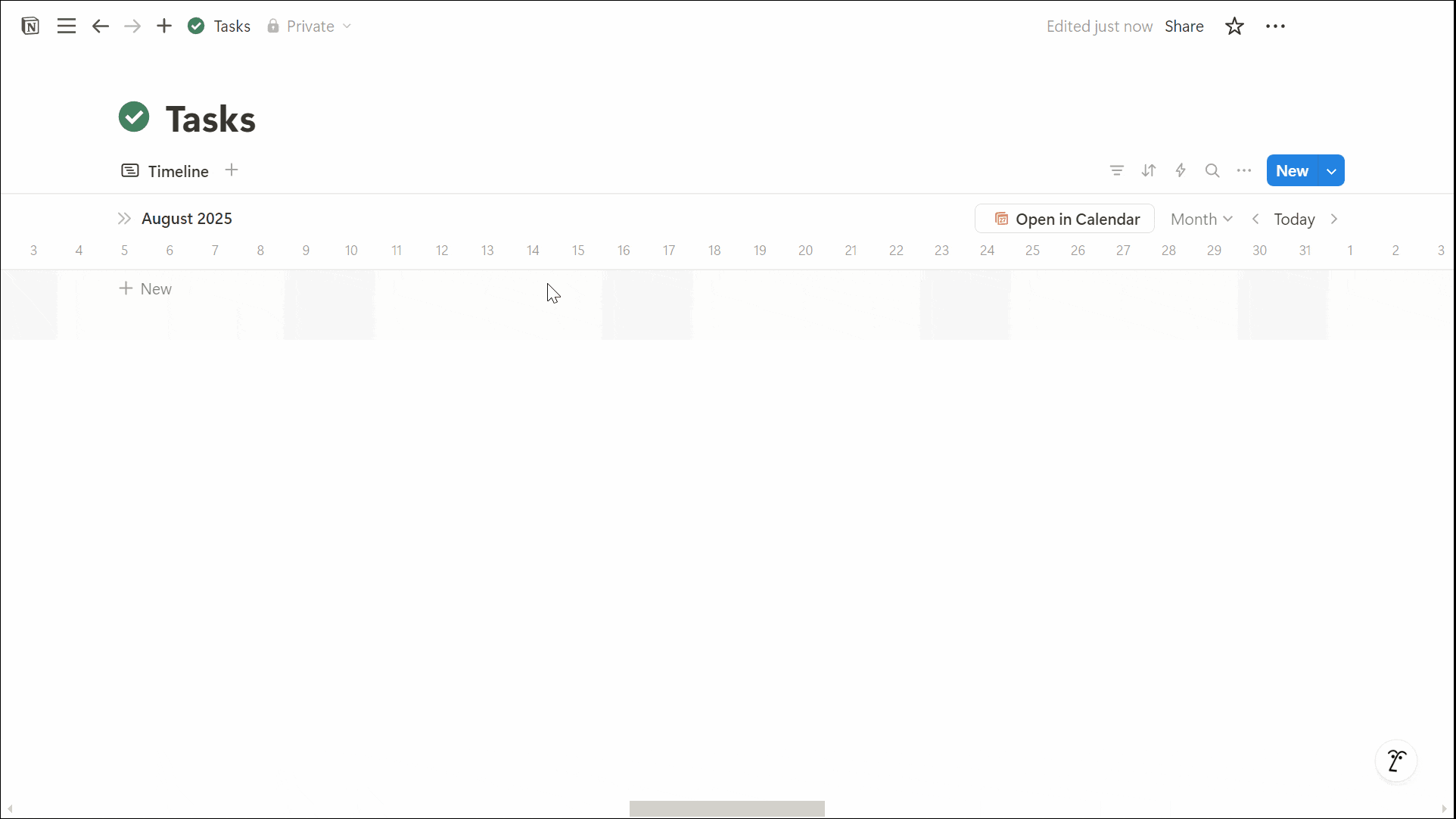

Customizing and Optimizing Your Gantt Chart in Notion
To make your Gantt chart more effective, consider the following customizations:
Group tasks by Assignee, Project Phase, or Priority for a clearer structure.
Apply filters to focus only on active or high-priority tasks.
Sort tasks by Deadline or Status to keep the most urgent items visible.
Modify property display to optimize readability—hide the Start Date, show or hide the Deadline, and ensure the Status and Assignee are visible for quick identification.
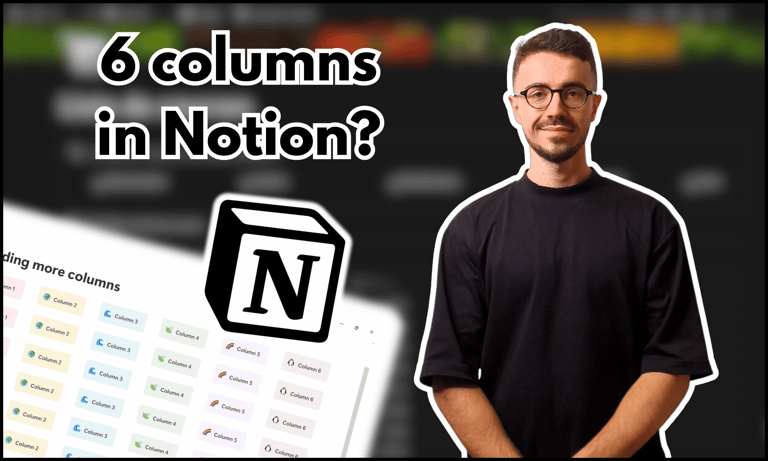

Need more layout flexibility? Discover in this article how to create 6 columns in Notion.
Conclusion: How to Make a Gantt Chart in Notion
Understanding how to make a Gantt chart in Notion is key to effective project planning. By using timeline view, setting up task dependencies, and organizing sub-items, you can track progress efficiently.
With custom views, sorting, and filtering, Notion allows you to create a dynamic and fully functional Gantt chart tailored to your workflow. Whether managing small projects or large-scale operations, Notion provides a flexible and powerful solution to keep your tasks on track.
Unlock the ultimate roadmap to a life in order: simply enter your email adress below and a PDF copy will instantly be sent right to your inbox.
Download your free Notion ebook now!
Join The Movement
Follow Notionbase on social media to stay up to date with Notion... and more!
Links
Master Notion in 5 days.
© 2026 Notionbase. Website by William Coste.
Products
